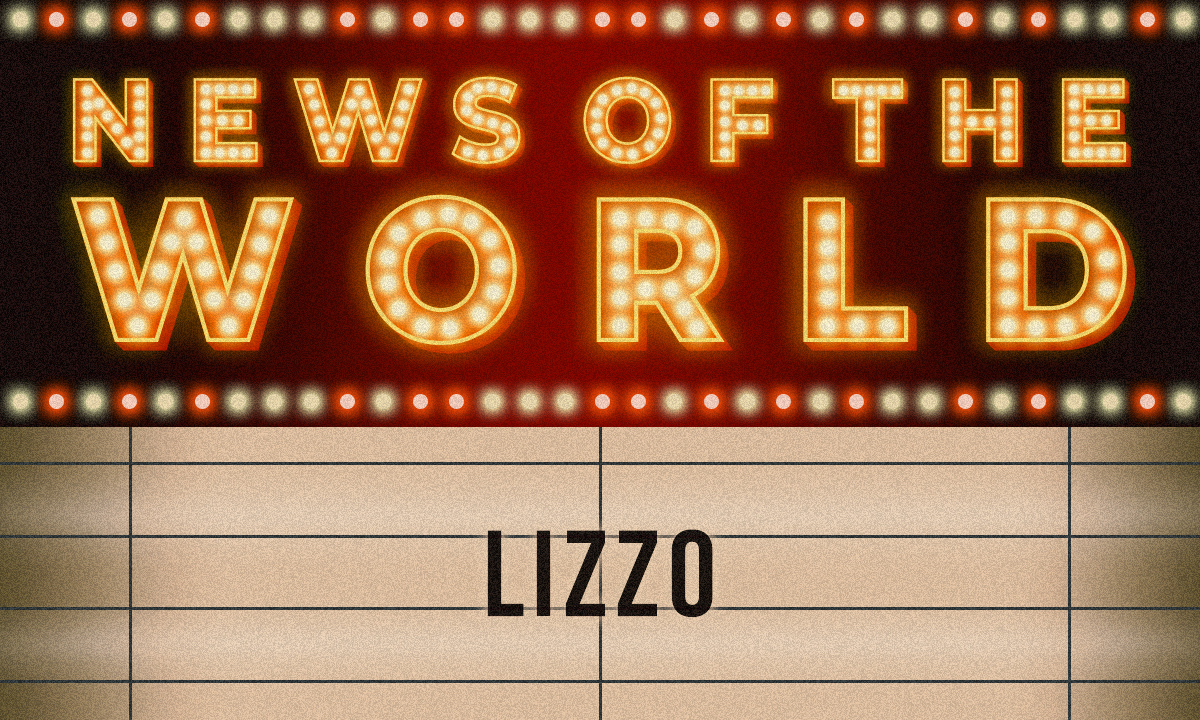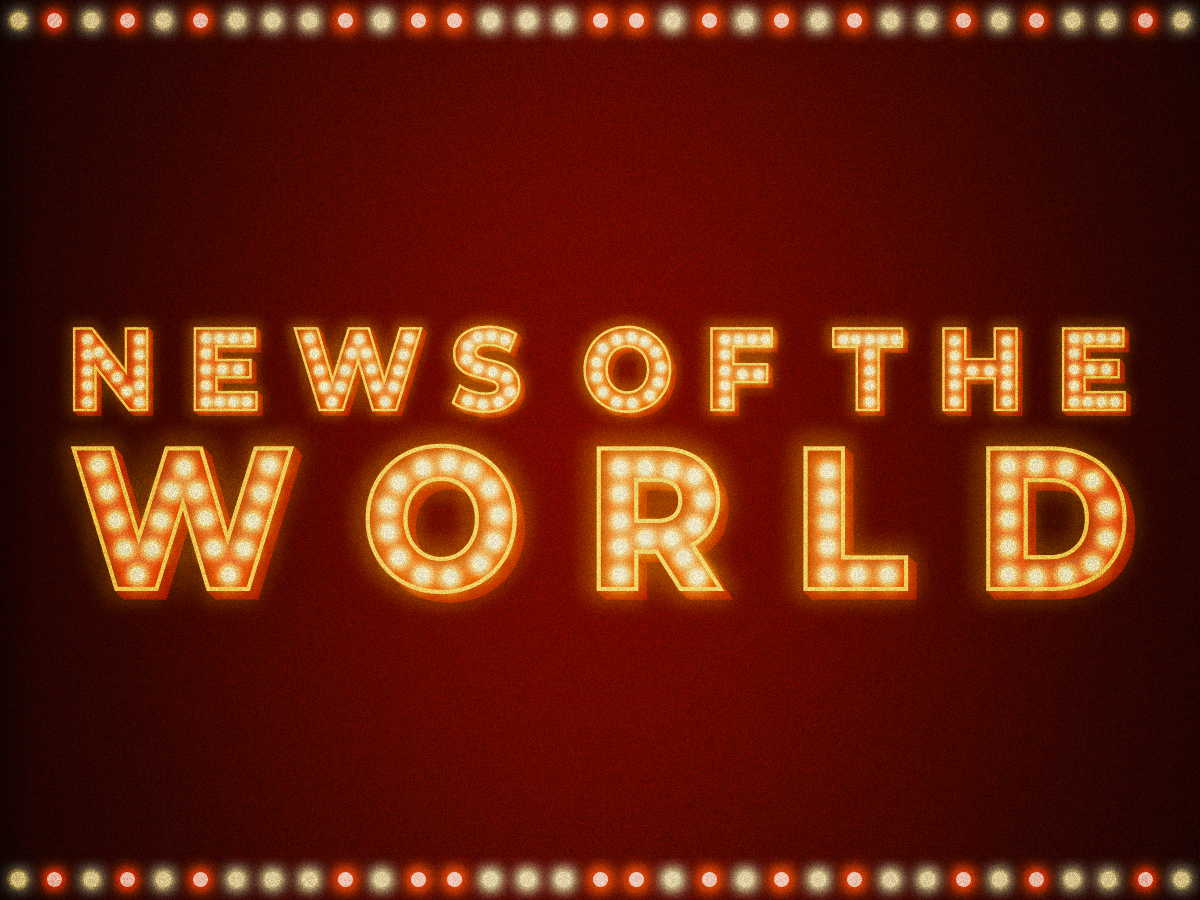
People often judge others based on their outward appearance alone. Everyone, from the readers of this article to myself, have done this at least once, whether consciously or not. We cannot escape a life of judging and being judged by looks. There are many opportunities in life to reflect and dwell on such problems, but for the most part we just pass them by. Unless, that is, something happens in a particularly public way. Take, for example, the controversy surrounding Lizzo’s new song “Rumors” and her Instagram Live video.
Lizzo made a successful name for herself as a musician with her dazzling talent and confident attitude and has as many fans as she does haters. Stars have always been hounded by those eaten away by envy and resentment, but Lizzo’s haters seem to be particularly persistent and ruthless. They degrade her endlessly for the color of her skin and for her body, as though they want her to crumble. Like it were her destiny. It was the same situation this time around.
On August 13, Lizzo released her new single, “Rumors,” with Cardi B. The song is a direct hit back at the malicious rumors and hate that dog her. The music video was released alongside the track and draws inspiration from “The Gospel Truth” musical number in Disney’s 1997 animated film Hercules. The five Muses from the original are reimagined as plus-size Black women, Lizzo among them, as well as guest Cardi B, who is pregnant in the video.
But within minutes of the upbeat, gold-plated video dropping, the comments section was seized by trolls making fat shaming and racist remarks. (YouTube has been in the process of deleting such vicious comments since then.) Some of the comments suggested that Lizzo’s music and her performances have a strong tendency to appeal to white people’s sensibilities, so her music reinforces stereotypes around certain characteristics relating to black women; such comments made waves across the Internet. Lizzo had stood unwavering against every sort of criticism up to that point, but she finally gave way to tears.
In truth, given that my race and gender are different, I am very cautious about discussing this point. One thing I can say for sure, however, is that those people lack any ground in support of their views. They’re just trying to force a stigma on her through provocative comments. What difference is there between Lizzo in the “Rumors” music video and female hip hop and R&B artists who are capitalizing on their sex appeal but aren’t plus-size? Aren’t the haters just propagating hateful comments about Lizzo reinforcing stereotypes because she’s not thin?
“Rumors” has gone beyond simply being a gratifying diss track against her haters and has now become a song that conveys a wider message, not least because of Lizzo’s tearful video. Fat shaming, and misogyny and racism against Black women, have once again become important talking points. Cardi B, although not the main performer this time around, was at the center of another noteworthy debate last year after singing “WAP” with Megan Thee Stallion.
If the song weren’t as good as it is, its message wouldn’t have had the same impact. Fortunately, “Rumors” is amazing. The song starts with Lizzo’s vocals and a simple melody on piano; the bass and rhythm steadily get things rolling like they’re getting ready to kick their way through the door and then kick into full gear as the song jumps somewhere between modern funk and future funk. Meanwhile, Lizzo’s vocals naturally move their way into rap. Most of the lyrics are amusing and satisfying, but it’s especially thrilling to hear her name-dropping Drake since it turns the cliché of sexual conquest lists constantly cropping up in male rappers’ lyrics on its head.
After a rap verse where Lizzo cunningly lays out, and confirms(?), all the different rumors, a harmony of synths, electric guitar and lavish vocals elevate the experience until they’re joined by a sonorous session of horns to keep things exciting through to the end of the verse. Cardi B carries on the fever pitch with her rap, swiftly deflecting all manner of nasty rumors with her signature relaxed yet tight flow. And in the final bridge, Lizzo takes aim with one more significant shot: “Black people made rock and roll!!!”
Some of her haters have criticized her by saying she cried crocodile tears. But it’s a very dangerous thing to jump to conclusions about whether someone is sincere. In reality, this nitpicking over how honest her tears were in this situation is a distraction from the real point. Because there was very clearly hatred, shaming and racism going on. So knock it off with the suspicions of crocodile tears and the like. Right now we should be reflecting on the past and the present while enjoying this fantastic song and music video.
TRIVIA
Body positivity
Lizzo has long been an advocate of body positivity. It's also a very important topic in her music. There’s a very memorable anecdote from when she appeared on US public radio (NPR) after releasing her album Cuz I Love You in 2019. Host Terry Gross commended Lizzo by telling her, “You are trying to break the mold of what beautiful is,” but the artist interrupted her: “Yeah, but are you only saying that because I’m fat?”
Unauthorized reproduction and distribution prohibited.
- [NoW] 역사를 새로 쓴 여성 래퍼, 랩소디2020.11.20

- [NoW] Jay Electronica, Back in 20202020.12.24

- [NoW] RIP MF Doom2021.01.22

- [NoW] Lauryn Hill goes diamond2021.02.26


- [NoW] 콜 미 바이 유어 네임, Lil Nas X2021.04.23


- [NoW] Kenny Beats2021.06.18


- [NoW] Hiatus Kaiyote2021.08.13
